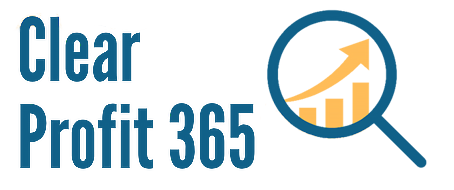How to Cut Costs with Fixed Assets Management
Fixed assets are special kind of assets in your business. They include land, buildings, equipment, furniture, and vehicles that your company owns. While we frequently look at expenses to cut costs, fixed asset management is another place we can look to find ways to better utilize our resources and, in some cases, improve our profits.
Fixed asset management is a discipline that requires keeping good records of the assets a company owns. In the case of furniture and equipment, many businesses place an asset tag on the item and assign it a number that goes in a spreadsheet where data is kept about the item. There are also software apps more sophisticated than spreadsheets that track all of the fixed assets for a company, including original cost, depreciation method and history, and tax treatment.
You never know how many of an item you might have until you record and count them. How many computers (and computer parts) do you have lying around your office? Extra desks and chairs? Maybe you even have extra office space or extra land.
Part of being a great entrepreneur is fully utilizing all the resources you have at your disposal. Where can you put to better use the extra assets you have? Could you sell the surplus items? Or donate them for a write-off? Do you have extra room to rent out to a tenant, earning rent?
Sometimes we’re so focused on operating the core of our business that we don’t see what else is a money maker right in front of us. In addition to focusing on income and expenses from operations, consider the resources you have in your fixed assets.
At the very least, consider developing a spreadsheet that tracks the major items your business owns. Or reach out to us, and we’ll help you develop a fixed assets schedule and tracking process for your business.
And if you do sell some of your fixed assets, be sure to reach out to us so we can help you book the transactions properly.
